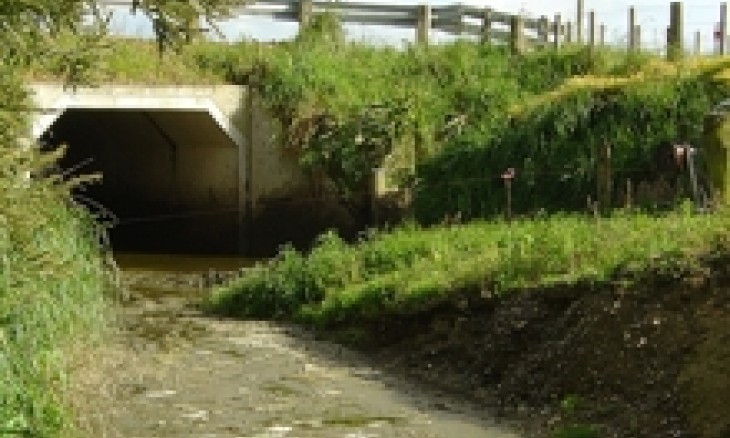Dairy farming has a large impact on the environment in South Otago, and can have devastating effects on our freshwater if pollutants are not managed effectively.
Highly nitrogenous substances such as fertilisers, stock feaces and urine can create a toxic runoff that fouls up our freshwater rivers, lakes and lagoons.

The nitrogen in these pollutants reduces the oxygen levels in water, which can lead to the death of many aquatic plants and fish species.
There are regulations to control the nitrogen in the effluent coming out of the dairy shed, but there is no regulation for the nitrogen soaking onto the land through urine, feaces and fertiliser.
In Southland, the Waituna lagoon in the Awarua wetland, a site protected under the Ramsar international convention on wetlands, is being severely impacted by dairy farming.
The situation in the rest of South Otago rivers is less problematic; in the Catlins, the general river health is rather rated as good.
But in the Owaka river the amount of pollutants is above the recommended levels. The river runs through the most intensive farming area in the region and 70% of its catchment is under pasture.
One of the issues brought up by the farmers is that it is difficult to maintain fences needed to prevent stock from accessing waterways.
They stated that council support is needed to provide testing services.
